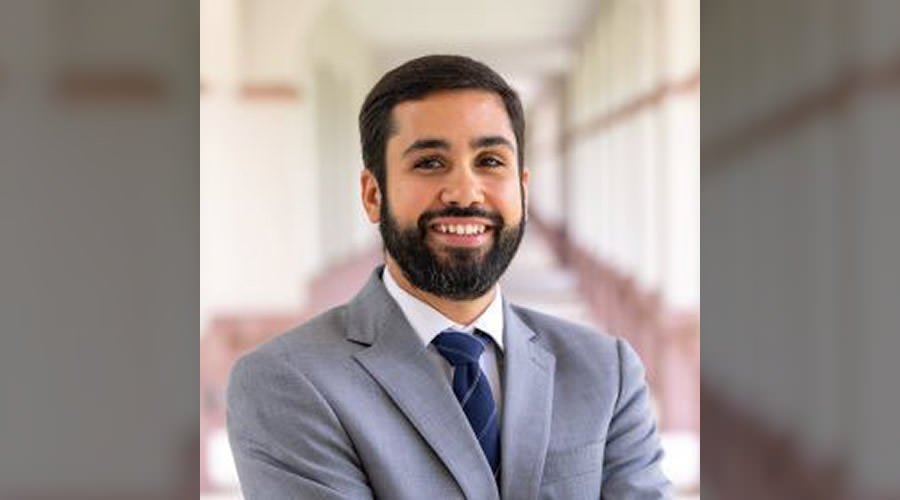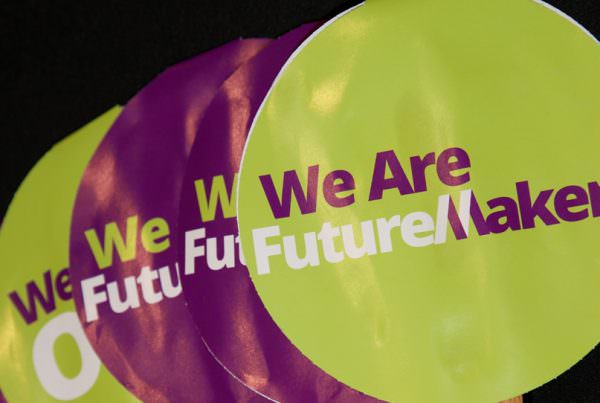
One year ago, Florida Gulf Coast University, in partnership with FutureMakers Coalition at Collaboratory, was awarded $22.9 million dollars from the Economic Development Administration’s (EDA) Good Job Challenge (GJC). Not only is this the largest grant awarded to the University, but it is also a first of its kind for both FGCU and its funder, the EDA.
In summary, the goal of the project is to place unemployed and underemployed individuals in good, quality jobs in the region. The SWFL project, appropriately named the Southwest Florida Equitable Jobs Pipeline, is focused on legacy and emerging industries: Healthcare, PK-12 Public Education, Logistics, and Manufacturing. This goal of “good job” placement happens through building upon and developing a sustainable workforce development system throughout the region. While FGCU received the award, this truly is a regional project. This grant recognizes that the only way to build a comprehensive and successful workforce development system is to include all stakeholders in the community, including training providers, employers, community-based organizations, non-profits, local government, and the job seekers themselves. Our collective team is proud to say that we have made strides towards building collaboration between these entities more than ever since this grant was awarded.
As of 2023 Quarter 3, this project has over 480 participants from our 5-county region across all four of our focus sectors – nearly 20% of the number of participants we proposed to engage in the three-year lifetime of the grant
As of fall 2023, we will have announced our first funded programs that were guided by skills gap analysis and needs assessments with local employers that happened through the first 9 months of our project (the skills gap will continue as we close gaps and the region evolves). From there, the awarded programs will be created, or have expanded capacity for students. Once individuals complete their short-term and stackable credentials training, over 25 employers who have signed on as partners will have qualified talent ready to fill vacancies, with more employers signing on throughout the life of the project.
Another feature of this program is what some might know as wraparound services. These services are meant to mitigate barriers to entry into training and jobs, and include Navigators, transportation, childcare, tuition and fee assistance, mental health services, career counseling, and language assistance. There has already been over $549,023.36 dollars distributed towards these services. While this grant exists to reduce barriers for job seekers – the drive of these individuals to advance or in many cases just start their career and create better outcomes for themselves is what makes the project work.
While the human aspect of this project is of the utmost importance, the Regional Economic Research Institute is hyper-focused on tracking outcomes including job placement and wage growth as well as identifying what the key barriers are to gainful employment so that communities can have this data at their fingertips with the intention to serve as a catalyst for policy change. For example, if transportation is one of the greatest barriers for job seekers to enroll in training in their local community – we ask where the opportunities are for better transportation networks, online learning opportunities or investment in new training facilities.
The success of this program is a regional effort. Thank you for your partnership! Your engagement and support of this program and all other current and future workforce development initiatives are crucial to the economic prosperity of SWFL. But this is only the beginning.
FutureMakers Coallition and FGCU look forward to sharing more great stories, more meaningful outcomes and more best practices to workforce development and community building in the SWFL region. As we do so, we hope you act and work with us on changing our region as we hope to serve as a benchmark for other communities seeking sustainable solutions to workforce development.
Amir B. Ferriera Neto, PhD & Melanie Schmees



























